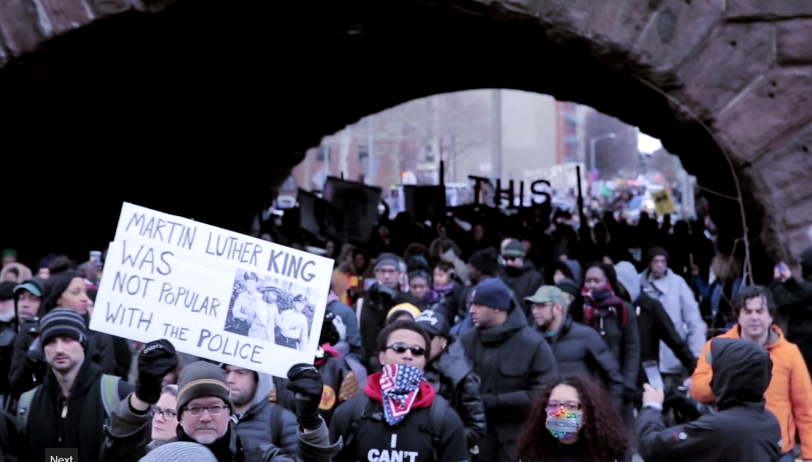Why I Must Not Question the Beheading of Seven Men in Saudi Arabia?
By Aslam Abdullah, TMO Editor-in-Chief
 On March 13, in Pakistan, a country created in the name of Islam, some unidentified people killed a female social worker in open day light–and Saudi Arabia, the country that claims to follow the Sharia, beheaded seven people found guilty of stealing and armed robbery. The killers in Pakistan did not give any reason for their killing. However, the Saudi Press Agency speaking on behalf of the Ministry of Justice issued a statement that begins with the Quranic verse from Sura Al-Maida: “The punishment of those who wage war against God and His Messenger, and strive with might and main for mischief through the land is: execution, or crucifixion, or the cutting off of hands and feet from opposite sides, or exile from the land: that is their disgrace in this world, and a heavy punishment is theirs in the Hereafter.†(5:33)
On March 13, in Pakistan, a country created in the name of Islam, some unidentified people killed a female social worker in open day light–and Saudi Arabia, the country that claims to follow the Sharia, beheaded seven people found guilty of stealing and armed robbery. The killers in Pakistan did not give any reason for their killing. However, the Saudi Press Agency speaking on behalf of the Ministry of Justice issued a statement that begins with the Quranic verse from Sura Al-Maida: “The punishment of those who wage war against God and His Messenger, and strive with might and main for mischief through the land is: execution, or crucifixion, or the cutting off of hands and feet from opposite sides, or exile from the land: that is their disgrace in this world, and a heavy punishment is theirs in the Hereafter.†(5:33)
So, the implication is that the execution of the seven men was based on Islam?
As a conscious human being, I feel saddened by these events taking place not only in lands with Muslim majority as well as elsewhere.
But why should I question this sentence when it is arguably sanctioned by the Creator and the one who gave His message to humanity?
Why should I look for an alternative meaning of this verse that might lead me to argue that when the Quran talks of cutting off hands or feet, it might be alluding allegorically to physically restrain the criminals?
Why should I question the judges for not opting for exile in this case.
Why should I argue that the purpose of the state is to create conditions where theft and robbery may become redundant?
Why should I argue that the biggest robbers are those rulers who have taken away the right of people to have a say in matters affecting their lives?
Why should I argue that those who are living in royal palaces are in fact stealing the money from people?
Why should I even question this sentence when none of those who claim to speak on behalf of Islam are questioning it?
Why should I raise my voice, when the scholars of Islam are silently approving this sentence?
Why should I bother to remind myself that Islam talks of reform, rehabilitation and repentance?
Why should I even ask if the due process in establishing the guilt of those accused was followed?
Why should I even say that one of the accused was about 14 years of age when he was accused of theft in 2005?
Why should I say that beheading is cruel and God does not like cruelty?
I will do none of the above.
Rather, I will be quiet, not saying anything about this inhumane treatment to the prisoners or to anyone else.
I could be quiet because I want to be known as a true believer who sanctions every act done in the name of Islam by the Kingdom of Saudi Arabia.
I could be quiet, hoping I might be invited by Saudi Arabia to perform Hajj or Umra at their expense.
I could be quiet to ensure that those who support this implementation of Sharia do not condemn me as a non-believer.
I could be quiet to ensure that no harm is done to my family and children by the gatekeepers of Islam.
I could be quiet to ensure that I am recognized as a legitimate Muslim and no one declares me a kafir (rejecter) or murtad (apostate) eligible for yet another beheading.
I could be quiet because everyone else is quiet?
But wait a minute!
Would my silence be accepted by God?
I am not sure.
15-12














2013
970 views
views
0
comments